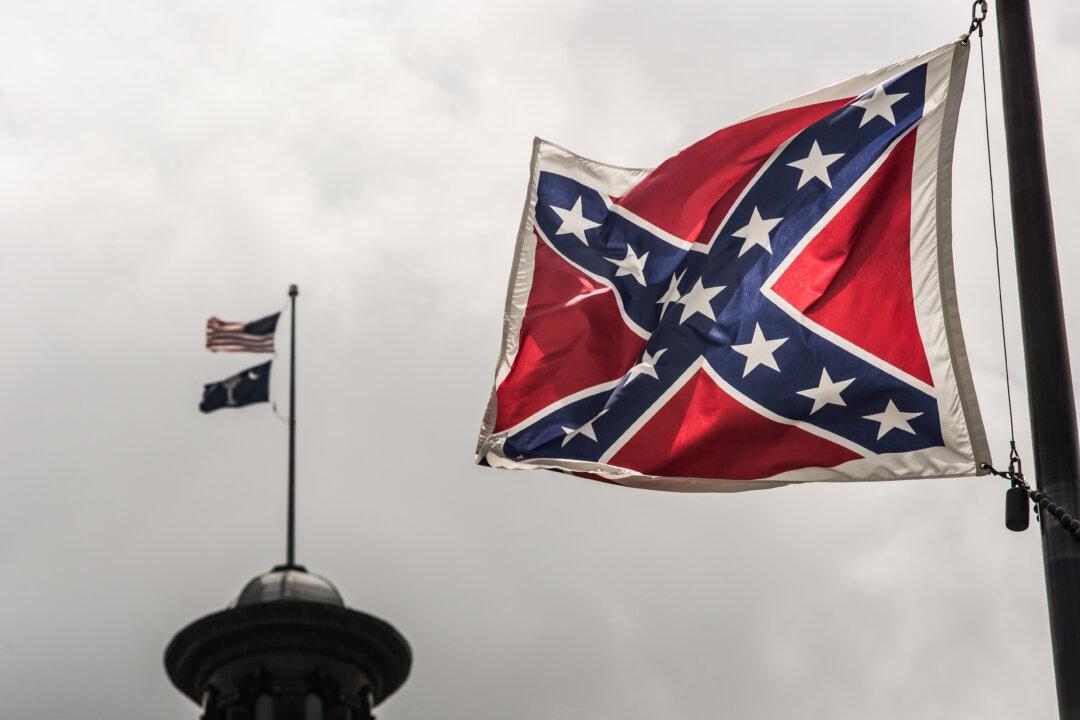U.S. Coast Guard Commandant Adm. Karl Schultz announced the banning of Confederate flag imagery in a move akin to earlier prohibitions by the Navy and Marine Corps and, more recently, the Department of Defense.
“While the Confederate battle flag may be symbolic of different beliefs, it divides Americans and threatens our black shipmates,” he said in a July 17 statement. “There is no benefit from a display of divisive symbols in our disaggregated and geographically widely dispersed workforce, and I have determined that the Confederate battle flag is uniquely divisive.”





